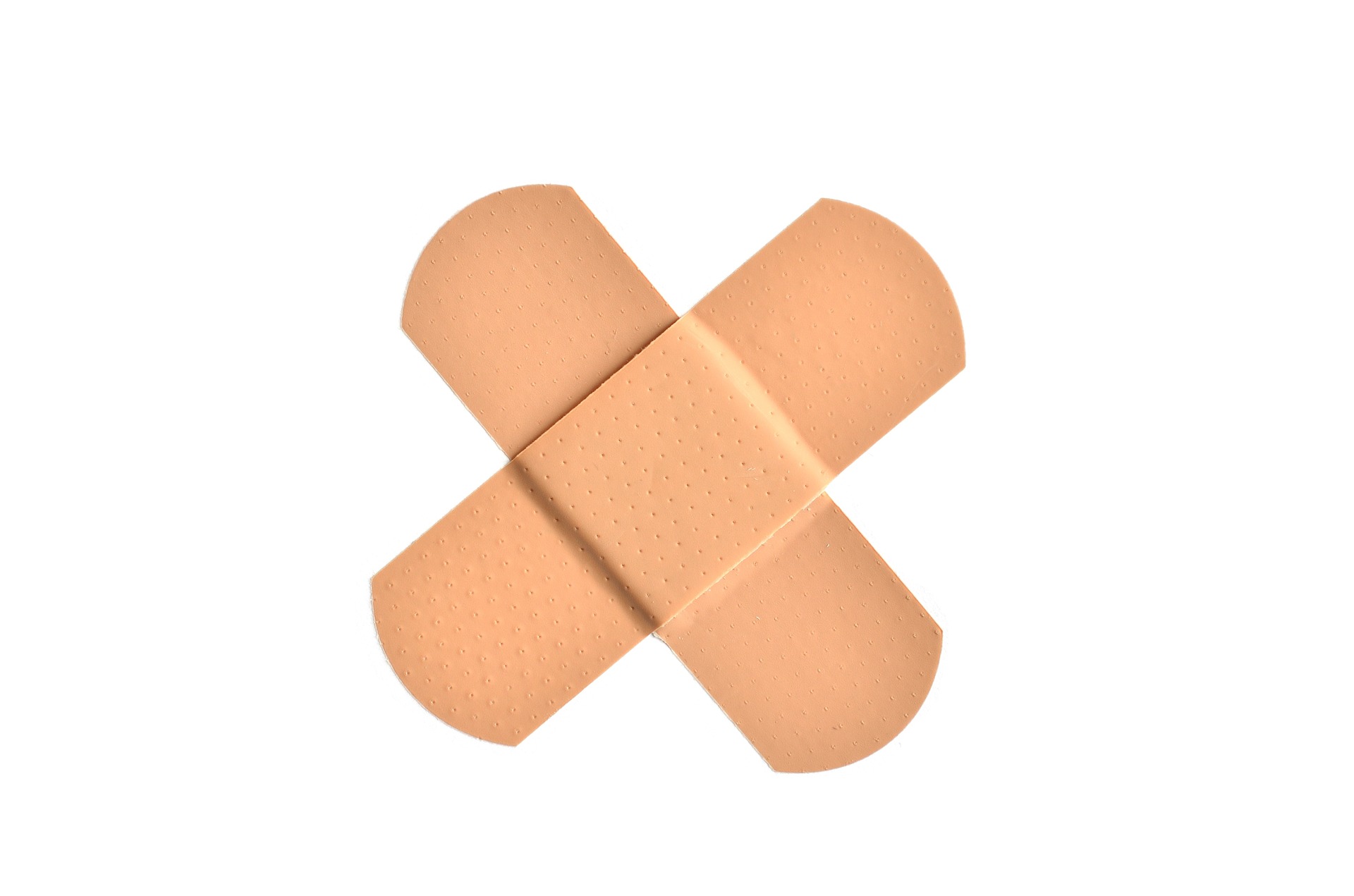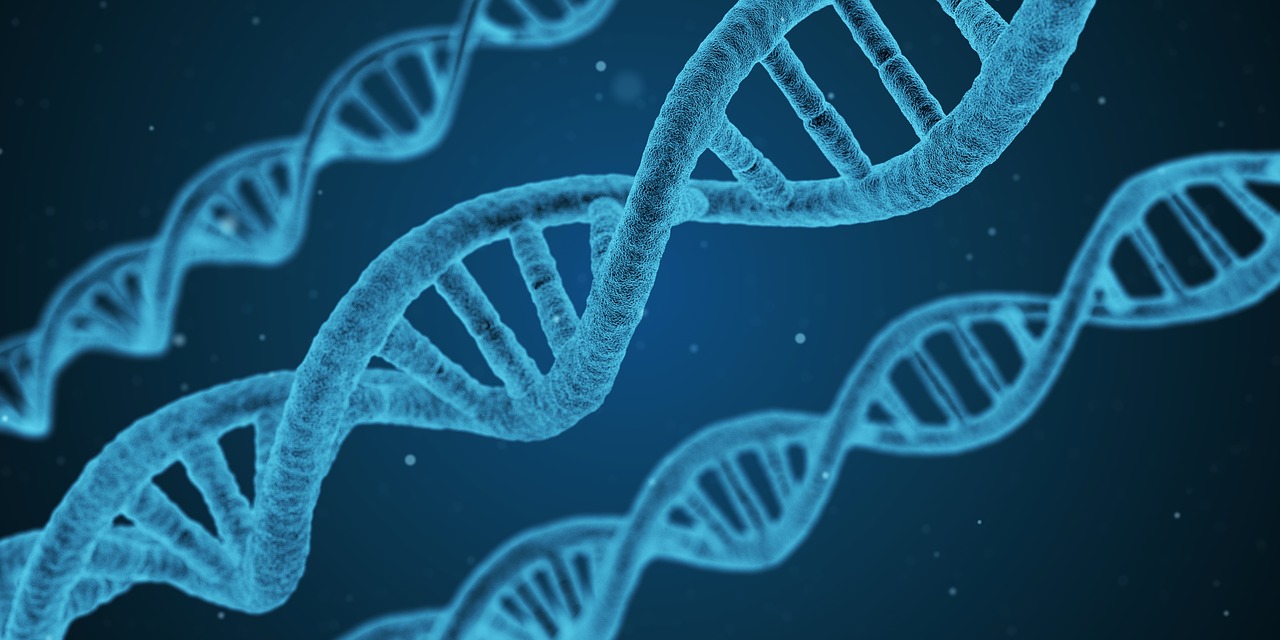Parkinson’s disease is a chronic and progressive movement disorder that affects 1 million people in the United States. It is caused by the death of dopamine-producing cells in the brain, which leads to problems with movement, balance, and coordination. In this blog post, we will discuss everything you need to know about Parkinson’s disease. We will cover symptoms, treatment options, and ways to manage the condition from experts like Joon Faii Ong London Doctor.
- What is Parkinson’s Disease?
Parkinson’s disease is a chronic and progressive movement disorder that affects the nervous system. It is caused by the death of dopamine-producing cells in the brain, which leads to problems with movement, balance, and coordination.
- Symptoms of Parkinson’s Disease
The symptoms of Parkinson’s disease vary from person to person but can include tremors, rigidity, slowness of movement, and problems with balance and coordination.
Other symptoms may include:
- Depression
- Anxiety
- Sleep problems
- Fatigue
- Dementia
- Hallucinations or delusions
- Treatment Options
There is no cure for Parkinson’s disease, but there are treatments that can help manage the symptoms. Treatment options include:
- Medications
- Surgery
- Physical therapy
- Speech therapy
- Diet and exercise
If you or someone you know has been diagnosed with Parkinson’s disease, it is important to seek out expert care to manage the condition. Leading experts in Parkinson’s disease and can help you create a personalized treatment plan to manage your symptoms.
- Managing the Condition
In addition to expert care and treatment, there are also things you can do at home to manage the symptoms of Parkinson’s disease. Some tips for managing the condition include:
- Taking breaks throughout the day to rest
- Exercising regularly
- Eating a healthy diet
- avoiding caffeine and alcohol
- Managing stress
- Resources
If you or someone you know is living with Parkinson’s disease, there are resources and support available. The Parkinson’s Foundation offers information and support for patients and families living with the condition.
The National Parkinson’s Foundation also provides resources and support for patients and families.
For more information on Parkinson’s disease, please visit the National Institutes
- Diet and Nutrition
There are a few things you can do diet-wise to help manage the symptoms of Parkinson’s disease. Some tips include:
- Eating small, frequent meals throughout the day
- Avoiding large meals
- avoiding fried or greasy foods
- Drinking plenty of fluids
By following these tips, you can help make living with Parkinson’s disease a little bit easier. Remember to seek out expert care and support to create the best possible treatment plan for your individual needs.
- Coping with Parkinson’s Disease
Living with Parkinson’s disease can be challenging, but there are ways to cope. Some tips for coping with the condition include:
- Finding a support group
- Connecting with other people living with Parkinson’s disease
- Staying positive
- Keeping a sense of humor
- Conclusion
Parkinson’s disease is a chronic and progressive condition that affects the nervous system. There is no cure, but there are treatments that can help manage the symptoms. If you or someone you know has been diagnosed with Parkinson’s disease, it is important to seek out expert care and support.



